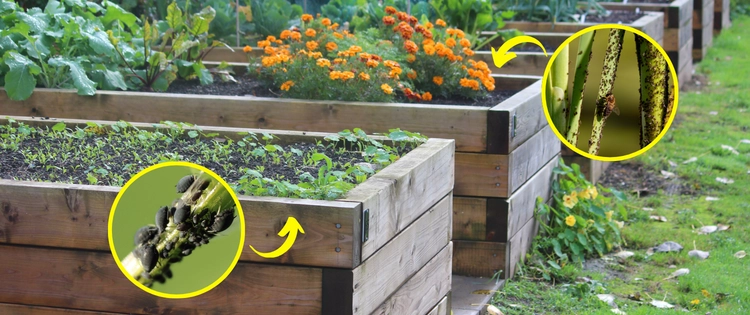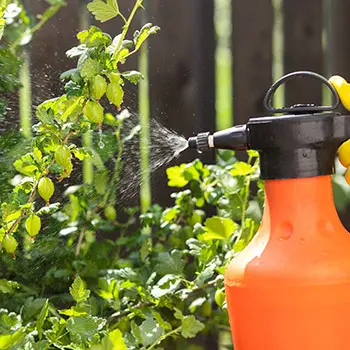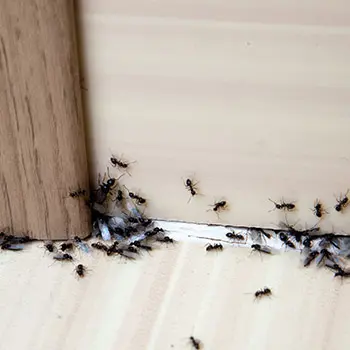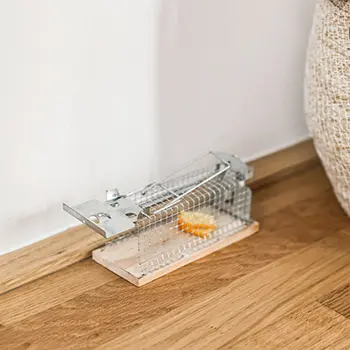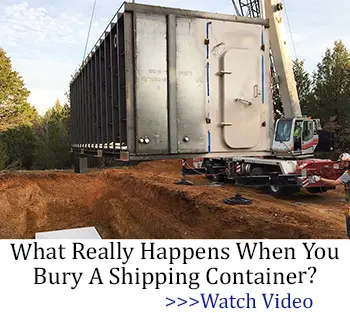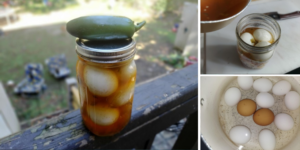Pests in your home and on your outdoor adventures are troublesome and can be downright dangerous, so naturally, we want to control them. From mosquitoes buzzing in your ears to ants marching over your kitchen counters to cockroaches scurrying away when you turn on the lights, pest control is an important part of our lives.
However, don’t rush out and reach for the nearest can of bug spray without learning effective pest control. Let’s look at the most common dangerous pest control mistakes so you can avoid them!
Unsafe Handling of Pest Control Products
Many pest control products can be bought anywhere; just take them off the shelf and buy them like a jug of milk. This makes it easy to forget how dangerous they can be. They should be handled in the home as you would in commercial applications, using personal protective equipment or PPE.
How many people don their PPE when applying bug spray in the house? Probably not many. At a minimum, protective gear should include rubber gloves, safety glasses, a long-sleeved shirt, long pants, and closed-toed shoes (no sandals). Optionally, you can also use a respirator mask; cotton masks are never recommended since they absorb pesticides and hold them in contact with your skin. Always read your pesticide label for additional safety recommendations.
Also, some pesticides must be diluted or mixed before application; read the instructions carefully. Improper mixing or failing to dilute products could result in toxic reactions, even if you think you are handling them correctly.
Address the Source of the Problem
Bugs have the same basic needs as people; we all need food, water, and shelter. Usually, this means there is an available food source like open food containers, and you may have leaky plumbing providing water and cracks in your walls or foundations, allowing them access to your home.
Seal any cracks and leaks you find, seal your doors and windows with caulking, and consider installing screens. Check your plumbing for entry points; mice love using plumbing holes to access your home, and you can easily fill those holes with stainless steel wool.
Related: Cheap Ways To Get Rid Of Invasive Ants
Also, bugs thrive in messy homes and yards, so tidy your home, vacuum and sweep regularly, move wood and compost piles away from your house, and keep your yard tidy, and you will reduce the number of pests in your environment.
These issues must be addressed before reaching for pest control products, or they will simply keep returning. Then, you will use many more pesticides than needed, putting yourself and your family at risk because you haven’t addressed the root cause of the problem.
Keep Pets and Kids Out of The Room For At Least 30 Minutes
Most pest control products available to the homeowner are safer than commercial products, where you sometimes have to vacate your building for 24 hours. Many we can buy from the store won’t make recommendations on keeping pets and kids away.
To be safe, however, always keep your pets and kids out of any area where pesticides have been used for at least 30 minutes, even if the label provides no such caution. Always read the safety precautions on the label; if the label specifies isolating the area for longer than 30 minutes, follow the label’s instructions!
Only Treat Pets With Products Designed For Pets
Sometimes, people spray pesticides on pets to eliminate fleas or ticks. Don’t! Pesticides are not meant to be sprayed on your pet, which will lick itself clean, ingest all that pesticide, and possibly cost you a trip to the vet, or so much worse!
Only use a pest control product designed for your pet. Ideally, buy pest control products for your pets from a veterinarian. They will be trained with professional knowledge about handling them safely and should readily offer you free advice on the safe use of their products.
Using Generic Pesticides
Not all pesticides work on all bugs. Using generic pesticides means exposing yourself and your family to unnecessary pesticides that may not work well or at all. Use pest control products that target your particular pest.
Ants are particularly notorious for this. With at least 2.5 million ants for every person on the planet, you will never get rid of them with bug spray. You will likely kill the ones hit by the spray, but the rest will simply find a new route to their food source. Block their access, put away their food, and use some ant bait.
It’s easy to make your own all-natural safe ant bait at home using 1 part borax to 3 parts sugar. Mix it together and add enough water to make a syrup, then heat it to help dissolve the borax and sugar. Next, pour some bait directly into the path of the ants. They will eat up the sugary bait, bring it back to their mound, and kill the queen with it.
Broadcast Spraying of Pesticides
You should never just spray pesticides everywhere. You will use much more than necessary, potentially risking your family’s health.
Instead, focus your pesticide use on the areas where the pests are most concentrated. Follow their trails to see where they are coming from; that is where you spray the pesticides.
Using Pesticides or Traps in the Wrong Place
Always consider the path your pests take and use pesticides, baits, and traps in their path, but also in an area that will keep everyone safe. For instance, never put a mousetrap in the middle of the floor where you could stumble onto it, or your pet might get their nose in it. Mice will rarely run across the middle of the floor anyway. Instead, place the trap in the cupboard(s) where you have been finding their droppings; that way, no one but the mouse will get hurt.
Related: 9 Best Plants That Naturally Repel Pests from Your Homestead
Always use pesticides where they were intended. For instance, make sure you only use indoor pesticides indoors. Those for outdoor use are often designed to break down in sunlight and/or rain into less toxic substances.
Using them indoors could be very harmful to you and your pets. Another inappropriate place for pesticides is anywhere near a water source, not just creeks and lakes but also ditches, canals, and even street sewers. Extremely few pesticides are approved for use anywhere near water because of the potential for contaminating our water supply.
Inappropriate Disposal And Water Contamination
Never just dispose of unused pesticides in the regular trash. Also, never pour unused pesticides down the drain, ditch, sewer, or near any water. Inappropriate disposal can end up with pest control products in the wrong hands or contaminating our water supply.
Always dispose of unused pesticides at your local hazardous household waste center, often at the local landfill, transfer station, or recycling depot.
Easy DIY Garden Pest Killer You Can Make At Home
If You Have a Pet, Get Rid Of These Plants Immediately! (Video)
30 Survival Uses For Wood Ashes You Never Thought Of

